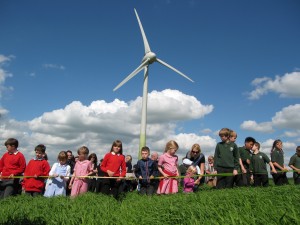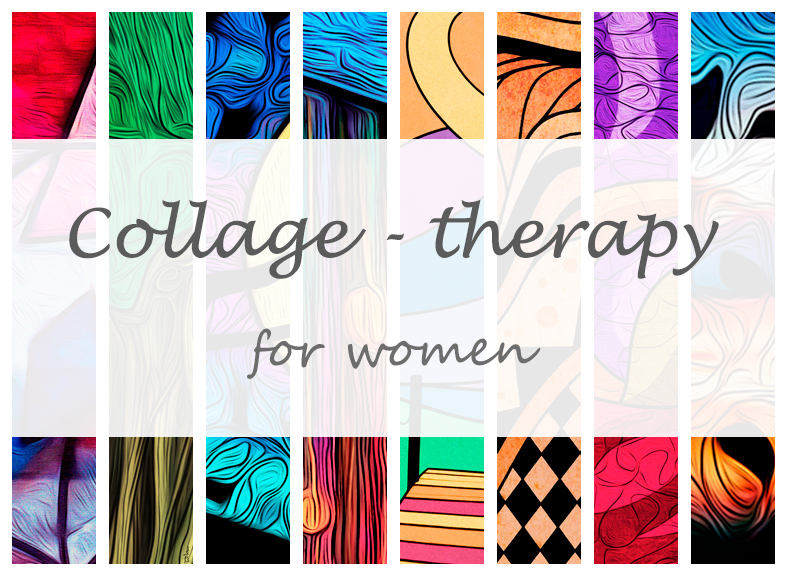
On 24.06.2020 the European Commission together with 14 Member States (Croatia, Cyprus, Denmark, Estonia, Finland, France, Germany, Greece, Ireland, Italy, Malta, Portugal, Spain, and Sweden), signed a Memorandum of Understanding (MoU) (the Memorandum of Split) to ensure the future of the Clean Energy for EU Islands Initiative. The Memorandum of Split was announced the same day during a press conference of the Croatian Presidency, who has worked with all signing parties over the last months to finalise this document. A specific priority of the Croatian Presidency was reinforcing the support to clean energy islands.
EU islands, where 15 million citizens live, have the potential to be frontrunners in the clean energy transition by adopting new technologies and implementing innovative solutions.
What does this mean for the Clean Energy for EU Islands Initiative?
The MoU ensures the establishment of a long-term structure for supporting EU islands in their energy transition. Energy Commissioner Kadri Simson highlighted in her statement that this Memorandum is an example of great cooperation among EU Member States. During the press conference, Croatian Minister of Environment Tomislav ĆORIĆ outlined the objectives of the initiative moving forward, namely
- The Memorandum of Split will firstly give the needed support to islands in preparation of their transition agendas while promoting the participation, the engagement and empowerment of citizens. In addition, the structured cooperation will facilitate the creation of energy communities on islands.
- The Memorandum of Split has also recognized the importance of the implementation of pilot projects aimed at increasing the use of renewables using storage systems, innovative technologies, developing clean and sustainable transport, sector integration by integrating the electricity system with other sectors such as heating, cooling, island water systems and with the scalable demand response on the islands.
- We should not forget where everything started from, and that is the connection problems. Therefore, the Memorandum of Split recognized the necessary support to islands not connected to the national grid in their decarbonisation process through the increased use of renewables in final use of electricity and of transport, heating and cooling.
- In the end, since sharing means caring, the special emphasize in the Memorandum of Split was given to the promotion and exchange of best practices because dissemination of lessons learned can only make a Europe stronger in a world of challenges.
Why the Memorandum of Split?
The Memorandum of Split is a continuation of many years of efforts by the EU islands community to advance the energy transition in their territories.
- In May 2017 the European Commission, together with 14 Member States, had signed the “Political Declaration on Clean Energy For EU Islands” under the Maltese Presidency. This declaration (Valletta Declaration) was born out of the recognition that islands and island regions face a particular set of energy challenges and opportunities due to their specific geographic and climatic conditions. The opportunities have the potential to make Europe’s island communities innovation leaders in the clean energy transition for Europe and beyond – a fact the European Commission explicitly recognised in its Communication on “Clean Energy for All Europeans“, reassuring its commitment to ensure that the energy concerns of island inhabitants are at the forefront of the energy transition and related policy developments.
- In cooperation with the European Parliament, the Commission in 2018 set up a Secretariat to deliver the objectives of the Clean Energy for EU Islands Initiative.
- Over the last two years, the Clean Energy for EU Islands Secretariat has been supporting islands all across the EU in developing Clean Energy Transition Agendas, providing in-person and online capacity-building trainings as well as project-specific support to island communities, and supporting community building at from the local to the pan-European level.
The Memorandum of Split hence represents a continuation of the work done jointly by all members of the EU islands communities over the last years, which is now also enshrined in the EU Green Deal.
